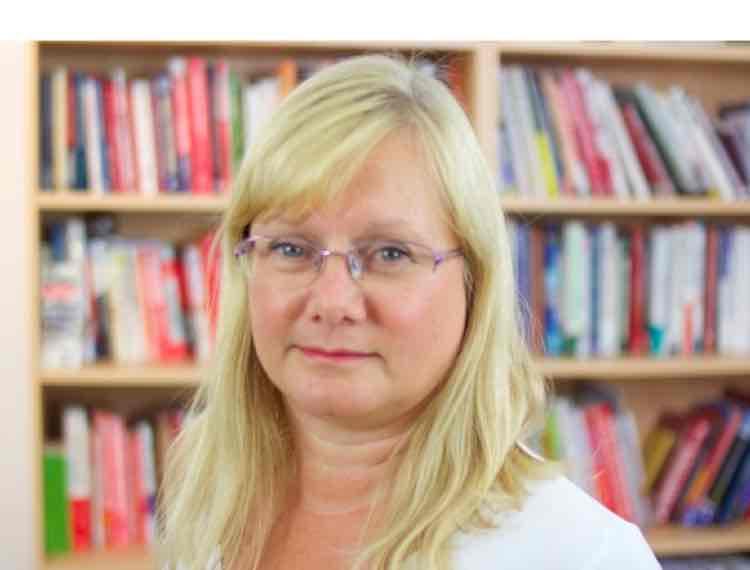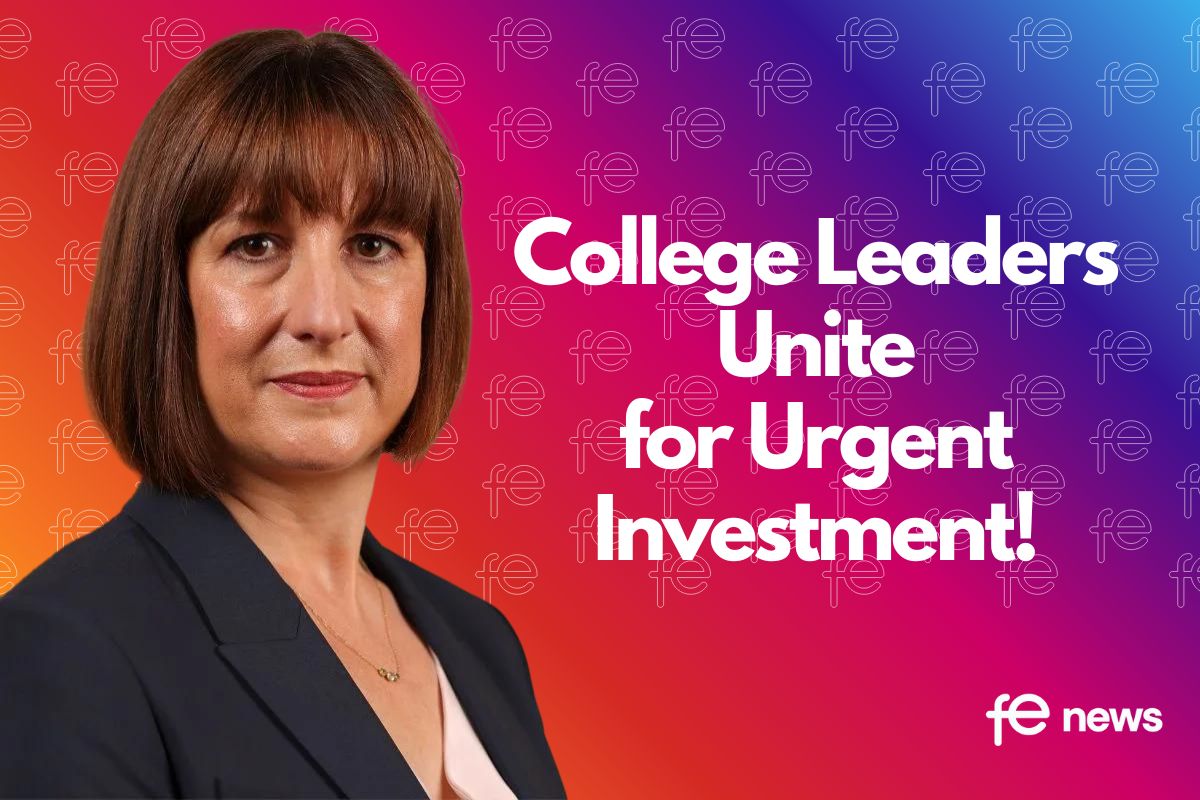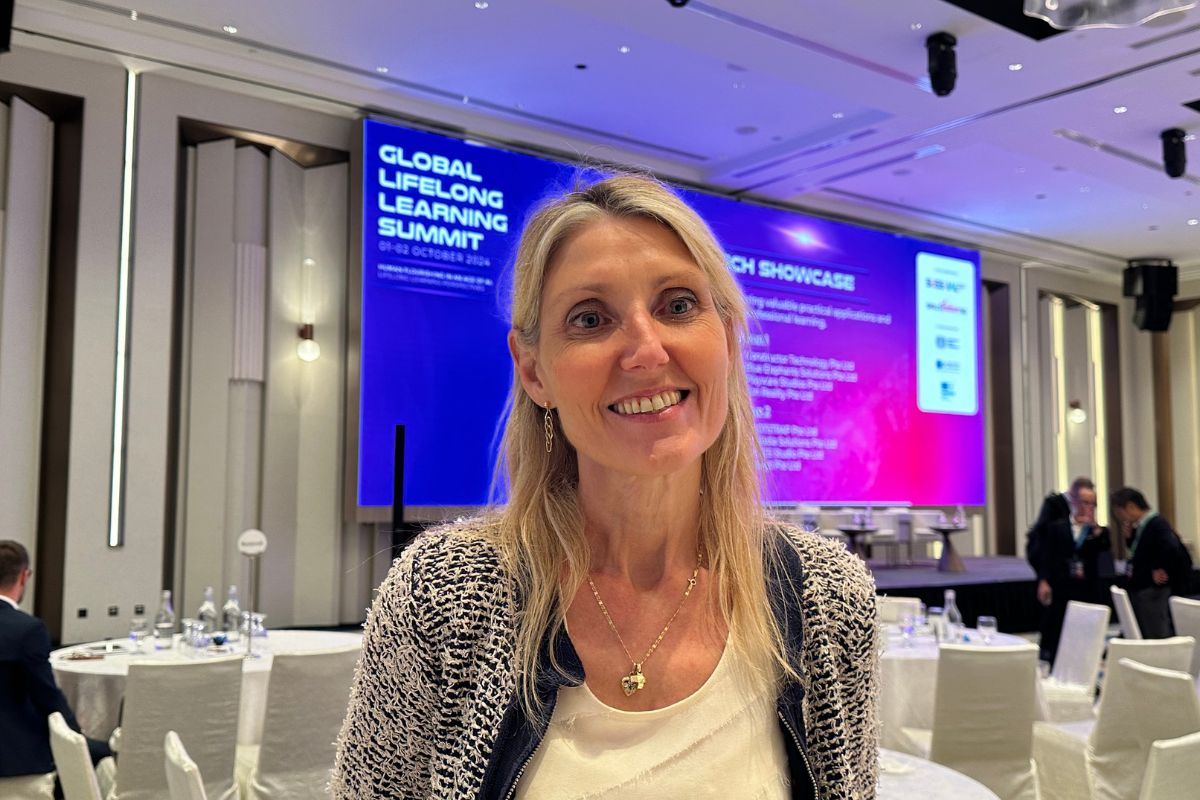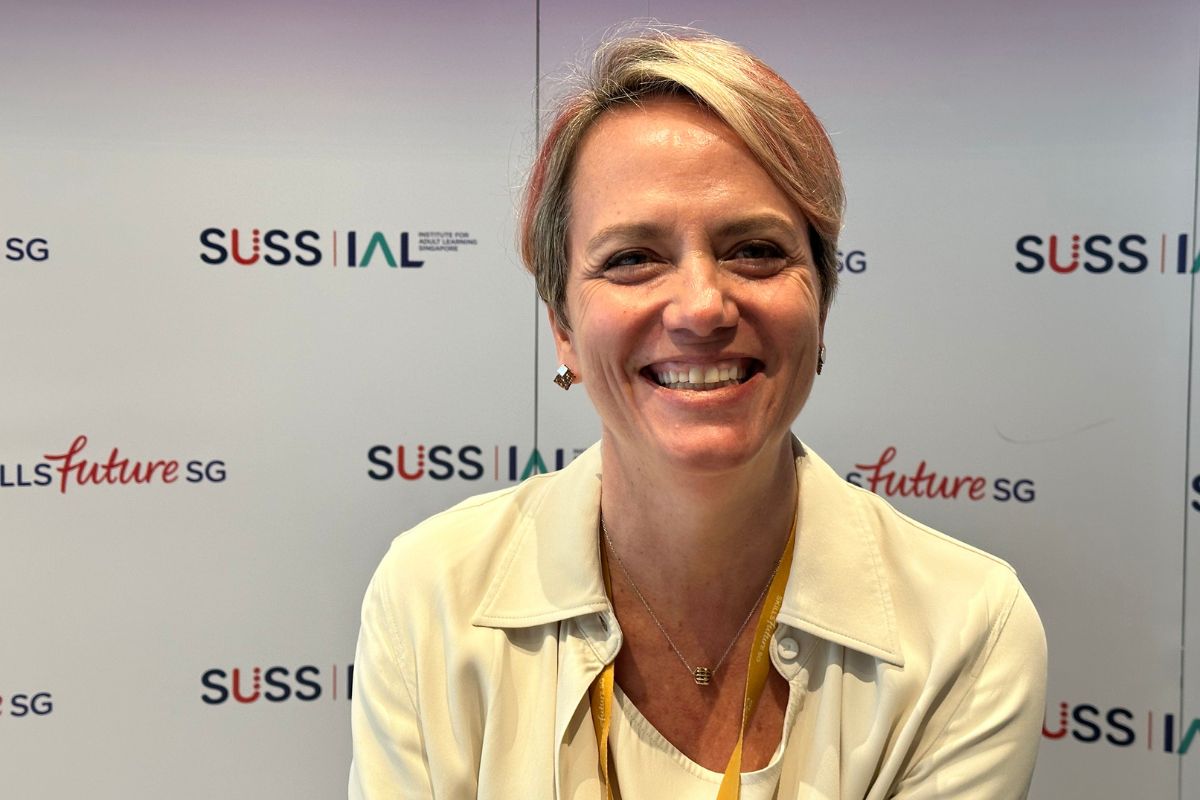CPD in the modern world

It is getting more and more difficult to find well-priced, relevant continued professional development (CPD), ironically at a time when the number of government edicts is on the increase again. Consequently, one of the questions I get asked a lot is – how can I both keep up to date on a budget and do this quickly? The obvious answer is to have the information that you would like to see sent directly to your own email inbox, for you to read and digest at your own leisure.
Subscribe to sites
Part of the problem is the sheer quantity of information that you can now access online and elsewhere. Subscribing to websites that trawl through all this information for you, and then send the relevant content directly to you is very easy. My favourites are:
- CASPAR from the NSPCC website, which will give you information about everything from early years up to 18 years olds, and includes information on social services and children in care too. This is good for both news stories and policy updates www.nspcc.org.uk/services-and-resources/research-and-resources/sign-up-to-caspar/
- The child and maternal health intelligence network (CHIMAT) from Public Health England, focuses on all things health for children and young people. This has an extremely broad range of topic areas, including the latest research papers, data sets and news. Fortunately, it is very easy to navigate through the sections on the email to choose your specific area of interest http://www.chimat.org.uk/
- One subscription that has been surprisingly useful is the UK parliament site. You can get daily updates on which committees are sitting and the topics for discussion in the House of Commons. This means that you can watch and/or listen to the discussions about potential new educational policies before they are enacted www.parliament.uk/ Similarly, you can select to watch the debates in the House of Lords from the same site. This can give you a real insight into the priorities and discussions that occur before new policies become Law.
- The Ofsted News bulletin has useful updates, sectioned into schools, FE, social care and early years. This means you can target your reading very easily. www.gov.uk/government/organisations/ofsted
- The BBC and other websites are good for general breaking news, although these are less discriminate than other sources www.bbc.co.uk/news
Free (and cheap) online courses
There are now several sources of free online courses, some of which are entire courses, and some of which are ‘tasters’. In addition there are more and more cheap online courses. An obvious word of warning is that the quality of the course may not be guaranteed. It is advisable to choose reputable sites that have been around for a while.
- The Open University’s ‘OpenLearn’ offers a huge range of free resources, from short videos to whole courses. There is an Education section, and you can find the Childhood and Youth studies under the Health, Sports and Psychology section www.open.edu/openlearn/free-courses
- Udemy offers many free courses and even more at £20 or less, including an educational section, which has teaching tools as well as self-development. Even if you choose not to join one of the courses, scrolling through some of the subject material is inspiration in itself (fancy a podcast in the classroom? Socrative quizzes?) www.udemy.com
- There are also a number of sites offering courses that are provided by Universities, such as FutureLearn. Note that some of these courses are only offered for a limited time, so you may need to keep returning to find the course you’d like. www.futurelearn.com/
- Online webinars are very often free. Some are live and interactive, so you can ask questions of the presenter in real time, and get answers immediately. Some are pre-recorded, but the Q&A session may be live. These are already very well established and tend to have a topic focus, so it would be best to search for the topic area that you are interested in first, for example whiteboards or classroom management.
Social Media
- Twitter is excellent for immediate news and instant commentary, although lacking depth sometimes. It is ideal for fast moving news stories or gauging people’s feelings. You can filter out the useful streams using the ‘List’ function to group together those accounts that are more education based than others. twitter.com/
- Online Summits, where many expert speakers discuss around a theme, are gaining popularity due to their low cost (some are free), access to experts from around the world and convenience (you can usually watch at a time to suit yourself). Again, it is best to search for your topic of interest and then select from the Summits available.
Ensuring your own CPD is up to date and relevant is essential, but you may find it a much more enjoyable, and less time consuming, task using some of these methods.
Kathy Brodie is hosting the UK Early Years Web Summit, being broadcast from the 12th to the 25th of September 2016. This is the UK’s first Early Years Web Summit of its kind. It is free to sign up and you will receive 7 hours of interviews with top Early Years Experts, including Penny Tassoni, June O’Sullivan, Marion Dowling and Laura Henry. For full details: http://www.earlyyearssummit.com











Does your blog have a contact page? I’m having problems locating it but, I’d like to shoot you an email.
I’ve got some creative ideas for your blog you might be interested in hearing.
Either way, great website and I look forward to seeing it grow over time.
I go to see day-to-day some blogs and information sites to read content, except this website gives quality based writing.
My brother recommended I might like this website.
He was once entirely right. This post truly made my day.
You can not imagine just how much time I had spent for this info!
Thank you!